Moonshine Colorado Trip from Moonshine Rod Company on Vimeo.
Jay Baichi has come a long way in the past ten years. As the owner of 5280 Angler, he’s built a roster of fly-fishing guides who cover waters across Colorado—both public and private. They’re helping clients land fish on the Colorado River, Dream Stream, Arkansas River, and dozens more. But, this formidable operation started from a small place.
“I started working with some people at a fly shop and it was a loose operation,” Jay told us. “All of us guides said, ‘We could do it better.’ They didn't really do anything with that, but I kept thinking about it.”
That thought led to one of Colorado’s most successful angling operations, and they’re still going strong—pandemic or otherwise. Outfitters like Jay are defining what it means to be a fly-fishing professional in the modern world. And we were lucky enough to talk with him about how he built 5280 Angler from the ground up.
But first, check out Moonshine’s Colorado trip guided by the good folks at 5280:
Here’s Jay on his journey from the east coast to the Front Range, why being a teacher has shaped his business, and how you can get the best experience out of any guide.
__
Moonshine: How did you get into fly fishing?
Jay Baichi: Like all guides and outfitters, I’ve loved fishing since I was a kid. I got into fly fishing in college, striper fishing in New Hampshire and Maine. I’d go out and putz around on my own in the surf. I really was attracted to that type of fishing. When I came out to Colorado, I just kept doing it and got really into trout.
What kept you in Colorado?
As far as trout fishing goes, it's just a lot of varied water. There are big western-style rivers, creeks, alpine lakes. I was really into hiking to little alpine creeks to catch trout. It's an active lifestyle out here. Everybody wanted to do something all the time. Back east, if it's an hour drive, it seems like it's forever away. You got to make plans for that. It's a totally different thought process. Like, "Oh, you're going to go into the mountains? Well, this weekend we gotta mow the lawn." You know what I mean? You come out here and everybody wants to always stay busy. They’re down for whatever.

Did you immediately start guiding when you got out here?
I come from a service background, so I’ve always worked in restaurants and hotels. When I moved out here, I was an elementary school teacher for 12 years. I started working part-time as a guide in the summer to make some extra money and to do something different because school was kind of burning me out.
I started working with some people at a fly shop and it was a loose operation. All of us guides said, "We could do it better." They didn't really do anything with that, but I kept thinking about it. I just did not see a happy future in public education. So, I started a guide shop without a clue how to do it, that was in 2011. After almost 10 years we're one of the top ones on the front range.
Your service industry background had to help.
Yeah, for sure. The reason we're successful is that we're here to serve clients, customers, landowners, and my guides. Communication and planning are key to a successful business, too. As an elementary school teacher, you have to plan and anticipate everything or your class goes into chaos.

I noticed coming out here that most owners were also out on the water. That’s great, but there's no one making the calls, answering the phone, or behind the computer. For us, there's a whole guide staff who depend on someone managing the background. It's not glamorous. I'm always on the phone. I'm always emailing people back. I'm always fixing problems. So yeah, absolutely, it's a service business. It's a hospitality business. It's about fishing, but service is as important. The most successful guides understand that.
How many guides do you have working for you now?
I have somewhere around 17 guys working for me. Only about half of those do most of our business as full-time guides. We have some guys guiding part-time and they've been with me forever. They pick up weekends and Fridays when they can. It’s the same group of guys for the most part, which is nice. We bring in new people every once in a while, but we very rarely have people quit.
We’ve grown over the years. After we started in 2012, we started adding more public water permits. And that's important for people to understand. The guides can't just guide wherever they want. They have to be permitted by either the state, the federal government, a town, or the Bureau of Land Management.
We started getting permits that a lot of people couldn’t get. We started working on private leases. We probably have the most private water right now of anybody on the front range. And we did all that because we did right by our guides, our customers, and our private water partners. You're not going to stay in this business too long if you don't treat people right.
Do you have any standout memories on the water from the early days?
Anytime you help someone catch their first trout is exciting. Or people just getting out into nature and saying, "Wow, this is amazing. I would never get to do something like this." That makes you feel good. I don't have big fish memories. It’s always nice to get a big fish, but honestly, it's about working with kids, helping them catch fish, and seeing their parents smile. That's fun.

I’ve always preferred taking out beginners, honestly. I like the teaching part of it. Taking out someone who knows “everything” just makes you realize you’re going to have to work with that person a lot. It's fun to have somebody who doesn't know a thing. They don't have any bad habits or preconceived notions.
5280 guides on a lot of water. How do you decide with each client where to fish?
There are a lot of questions and emails involved in most bookings. It's very rare that somebody just emails you and says, "Book me for this." The first thing is to get an idea of a location. It might not be an exact spot, but at least we've got it dialed into public or private water. Then, the guide calls the client three to seven days out to discuss options.
If it's public water, they can move their trip. They can say, "Hey, the river's really high right now at the Dream Stream how about we go to the Colorado?" As a guide, you’ve got to be flexible and honest with people. Sometimes a client is locked into an area. Sometimes they're flexible and I'll write that down. If they're booking private water, they’re locked in because we have to pay those rod fees. We have to pay the landowner.
Lastly, it depends on what they want—big fish, wild fish, lots of fish, their own stretch of river, a clubhouse. I would say it's important, whoever people fish with, that they talk with their outfitter and ask lots of questions. If they have a short conversation, then that’s a red flag. Some outfitters might not have a breadth of permits and they're going to take you to the closest creek regardless of the fishing conditions. It’s important to understand what you're getting into.
What have you seen change in the industry over the past decade?
It's a bit more restricted now. When I first started, there were a lot of people guiding. They didn't have any insurance or licenses, and they were doing whatever they wanted. Now it's very regulated. Those types of people are gone now. You’ve got to be on top of your permits, which is important anyway, and let the state know how many people you’re taking out.
Another difference is that we’re all employees. When we first started, I was paying people as subcontractors, which a lot of outfitters still do. But, we moved to employees. If we're going to be a team, I want everybody covered with a workers comp. We're putting into their social security. We have a 401k plan or our guides. We run this as a professional career. That mindset is beginning to change, I think.
How about on the water?
It's very crowded now on the rivers in Colorado, and private water is a solution. Public water was the thing. We were trying to get as many public water permits as possible, and private water was just a bonus. Now, more than half of our business is private. People want their own stretch of water.
In the past, people thought, “You're not a real fisherman unless you're fishing public water." But, that's changed. Our rivers are packed with people in the public sections. Some people are looking for their own stretch of river and private landowners are offering that, which I think is fantastic. They don't have to do that. I call them private land partners.
These landowners are opening up their homes for the public to use it. And sure, it’s expensive. It's pricey, but they're opening up their homes to the public. They could easily shut right down. You see on social media that people are a little upset about private water. But, there are a lot of different private waters that aren’t as expensive, like the Rocky Mountain Angling Club, Bartle Lakes, Puma Hills Ranch. These are great little places that are open to the public that are pretty affordable.
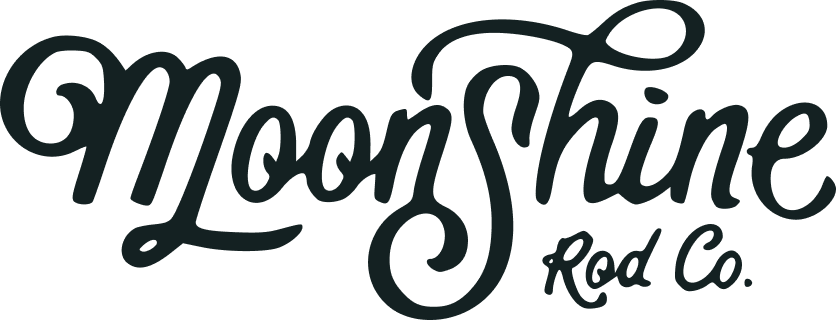
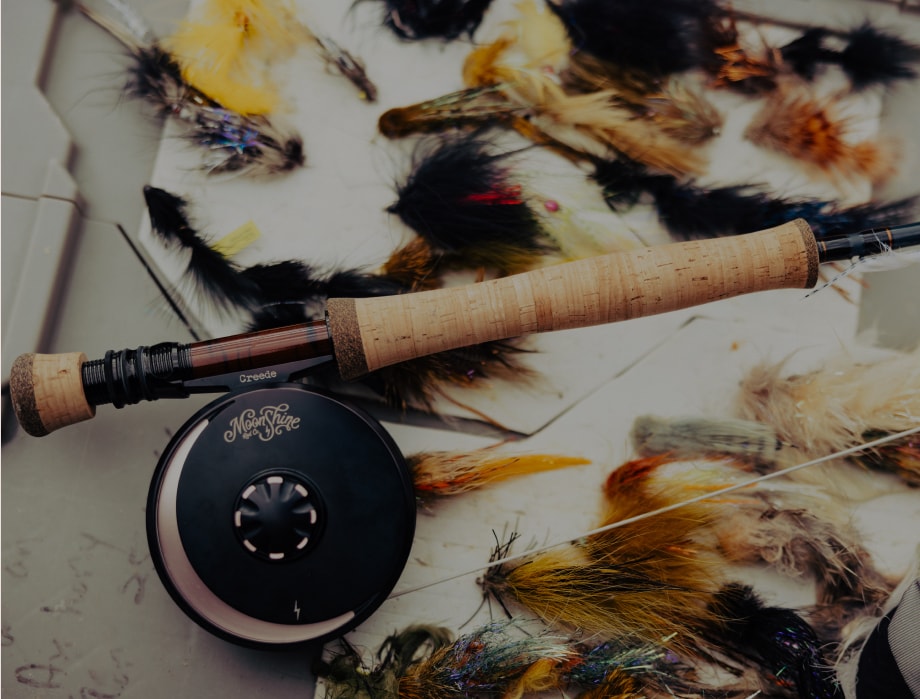
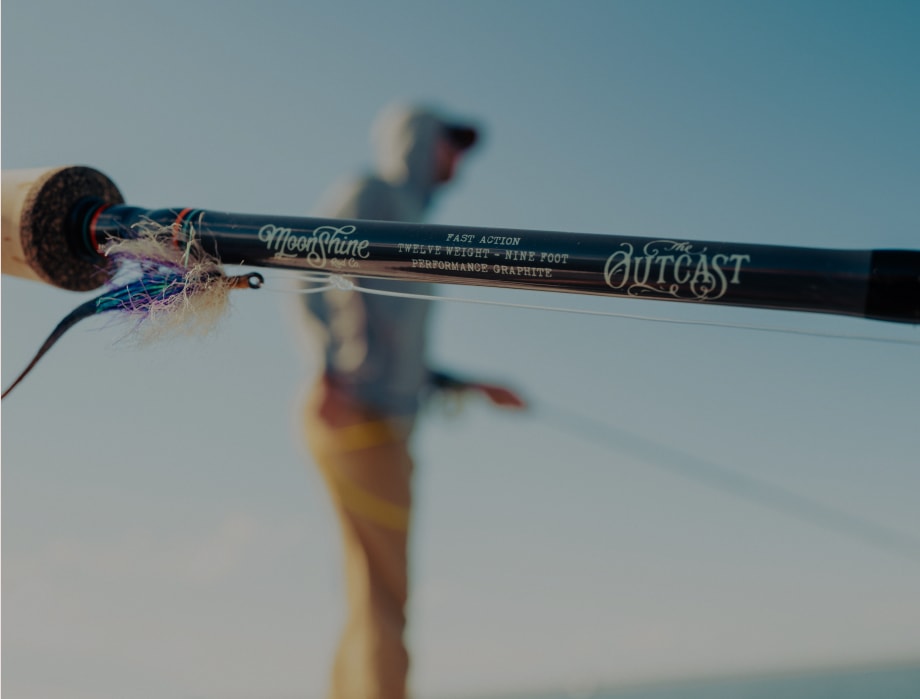
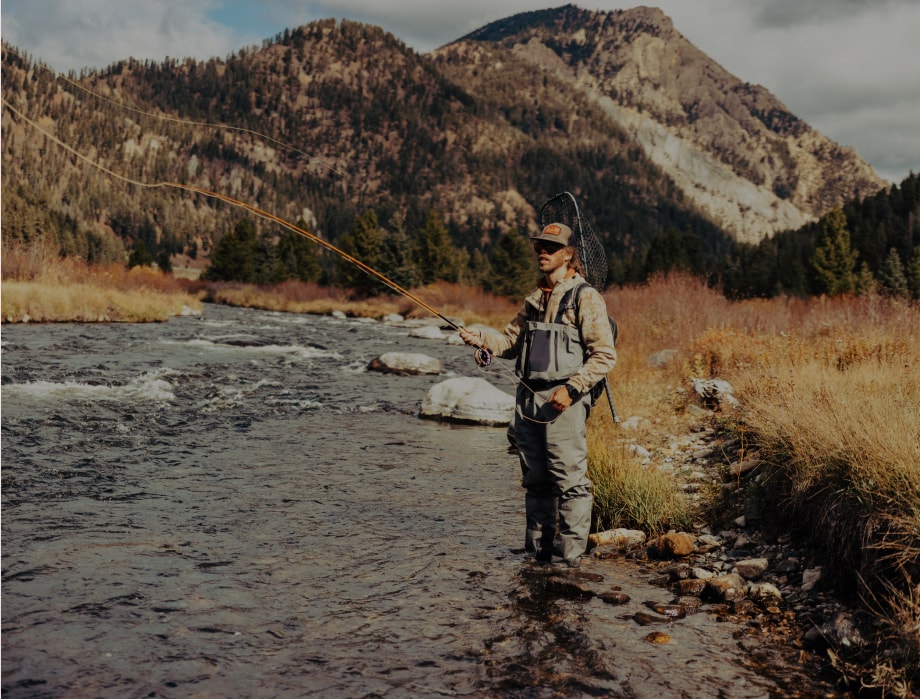
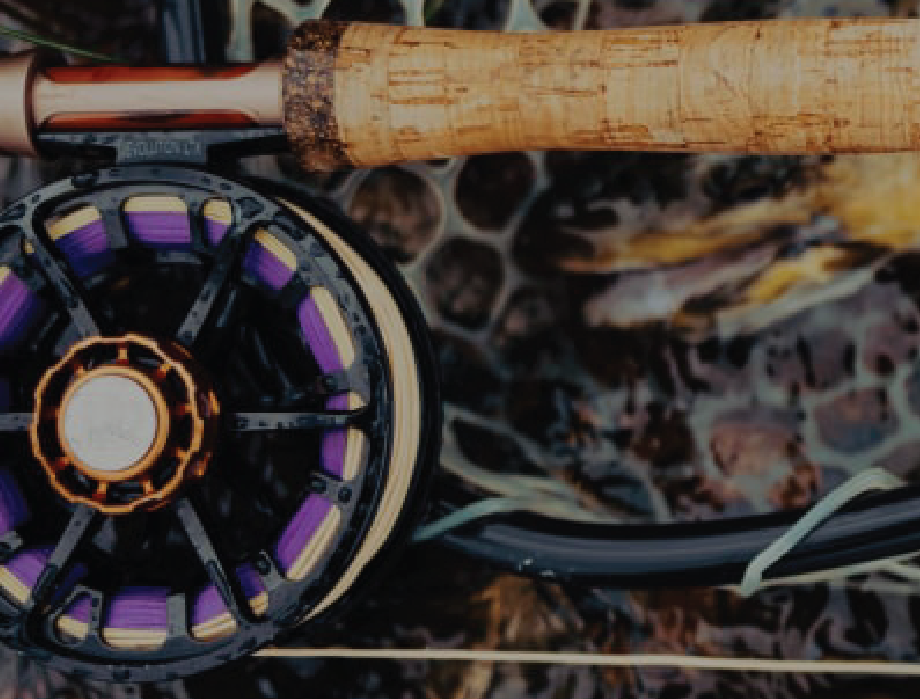
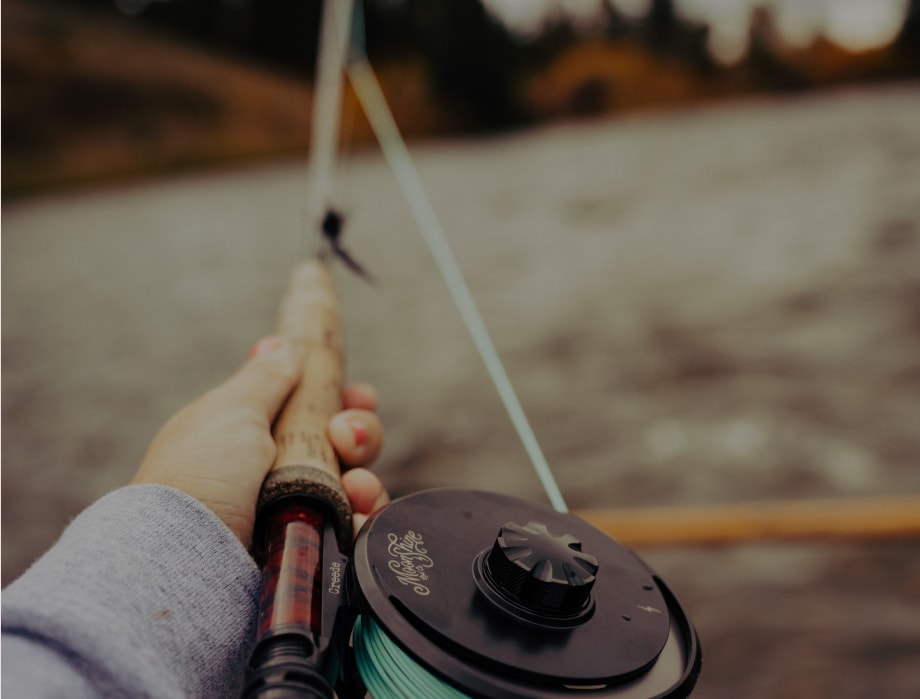
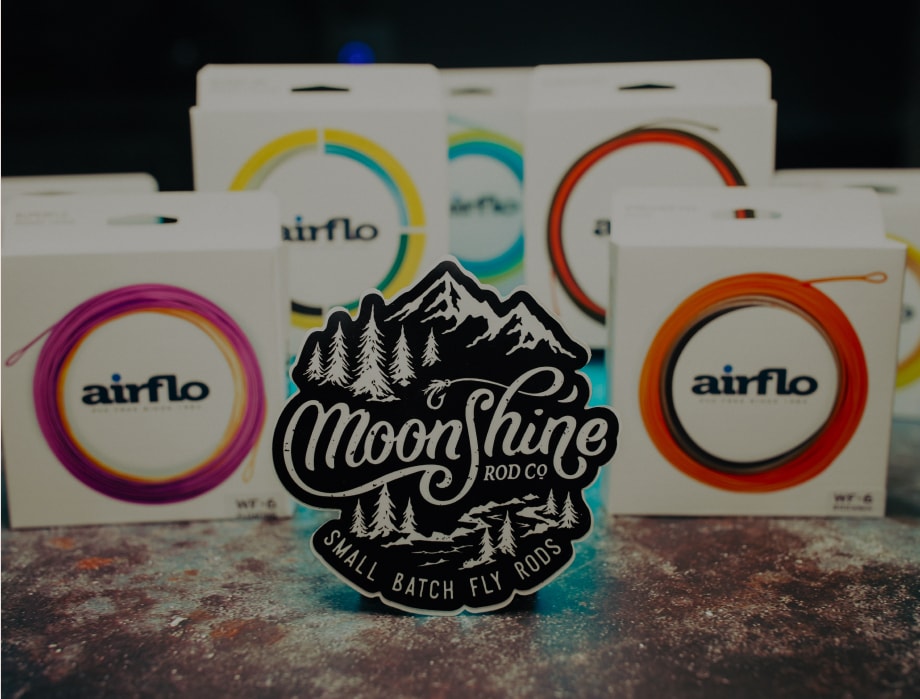
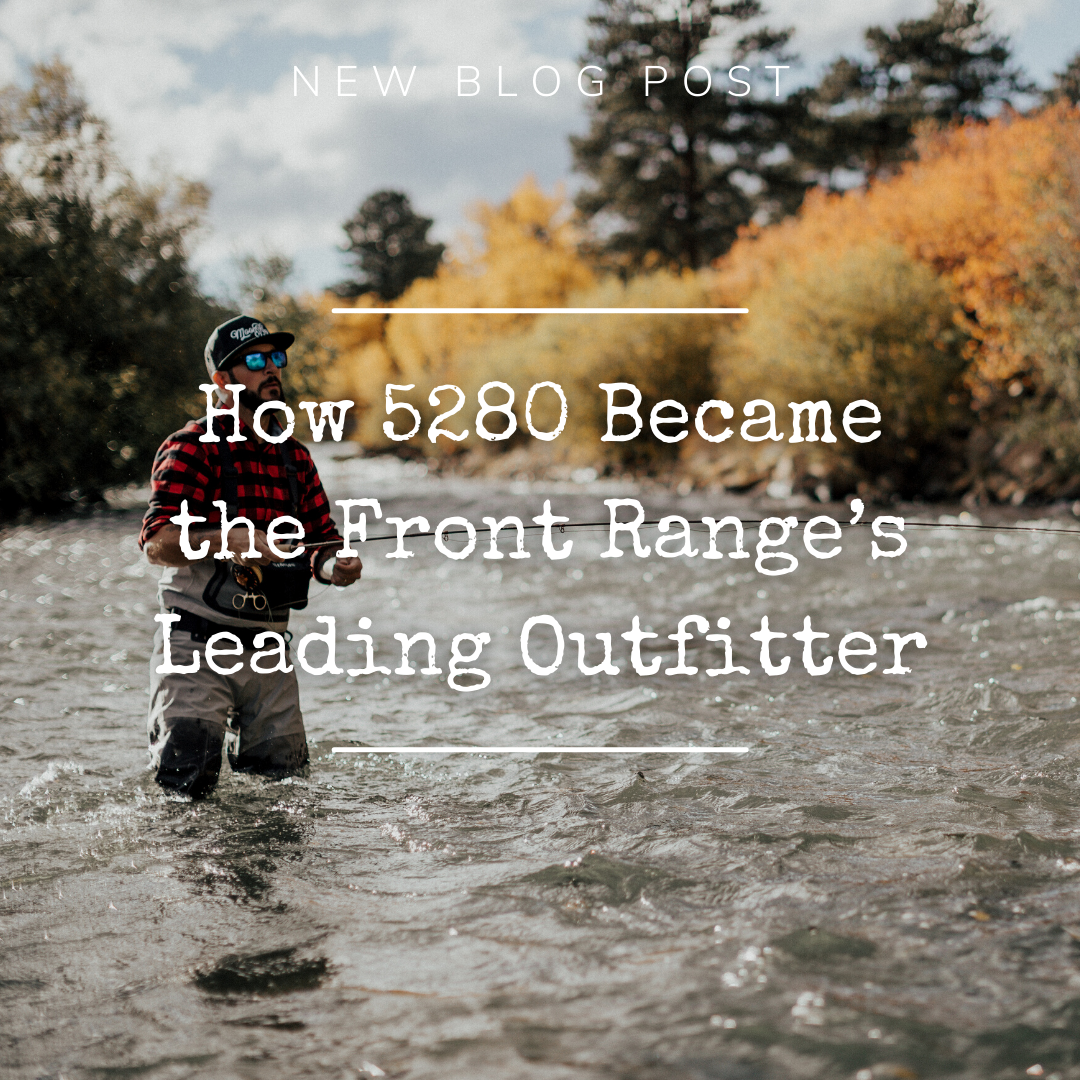
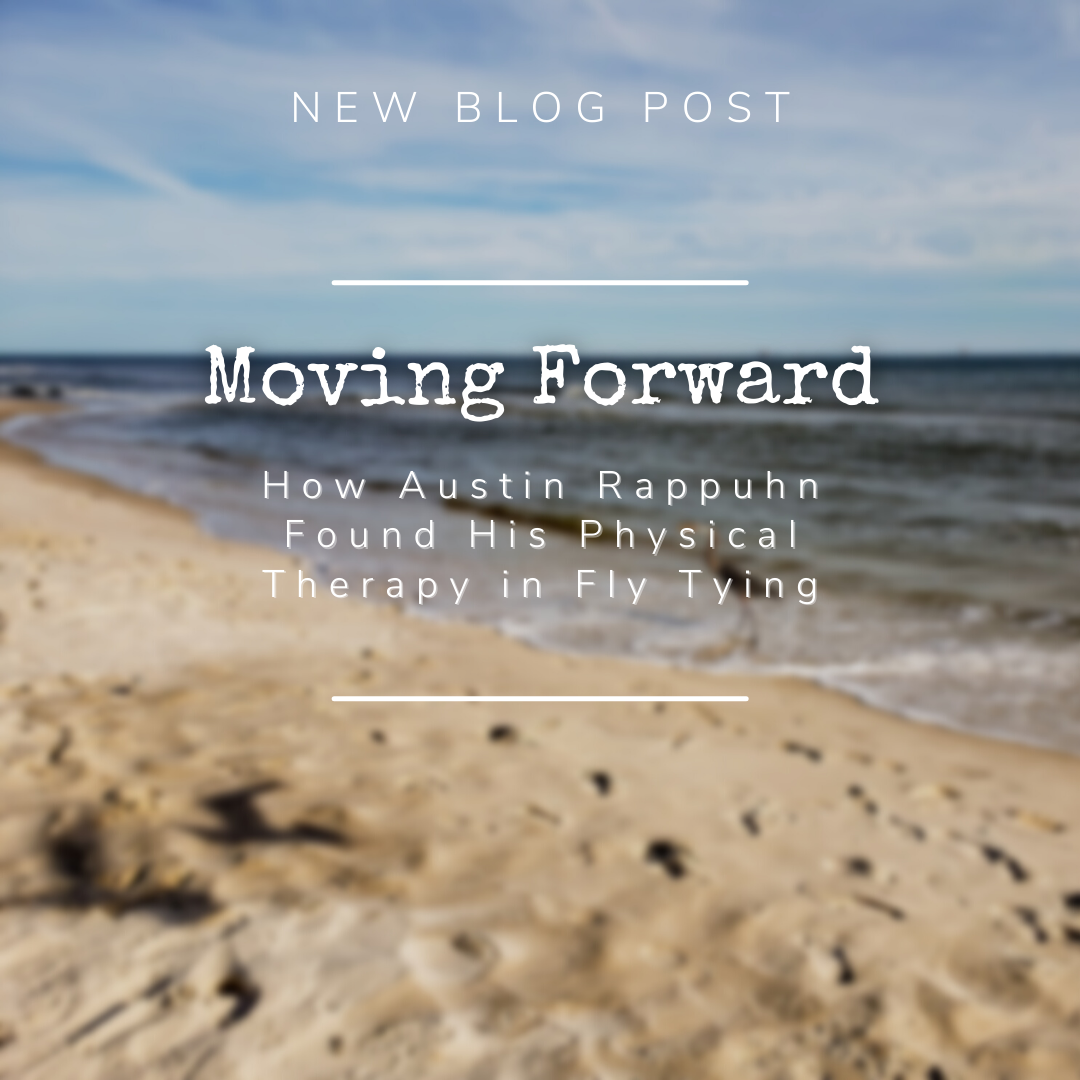
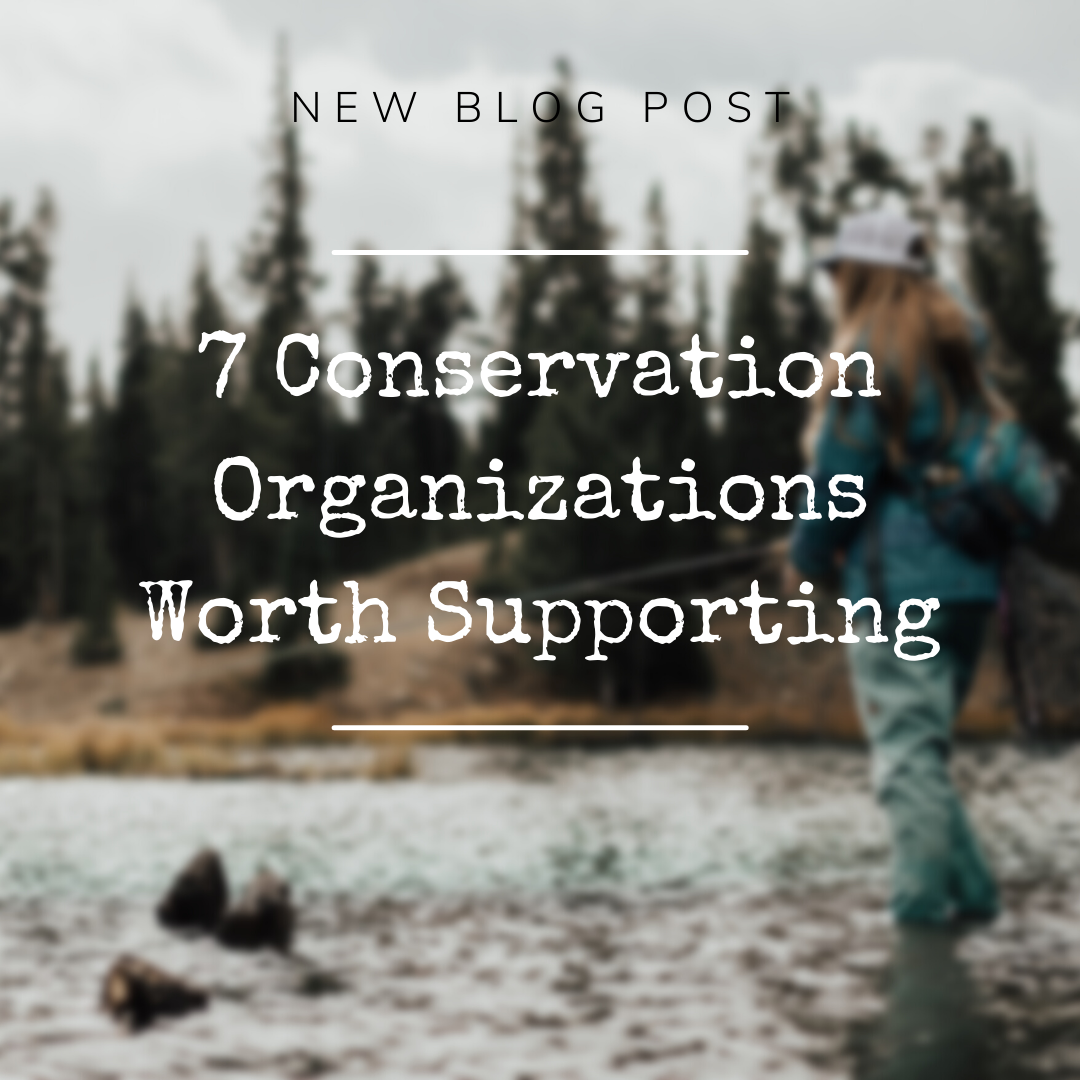
Leave a comment
All comments are moderated before being published.
This site is protected by hCaptcha and the hCaptcha Privacy Policy and Terms of Service apply.